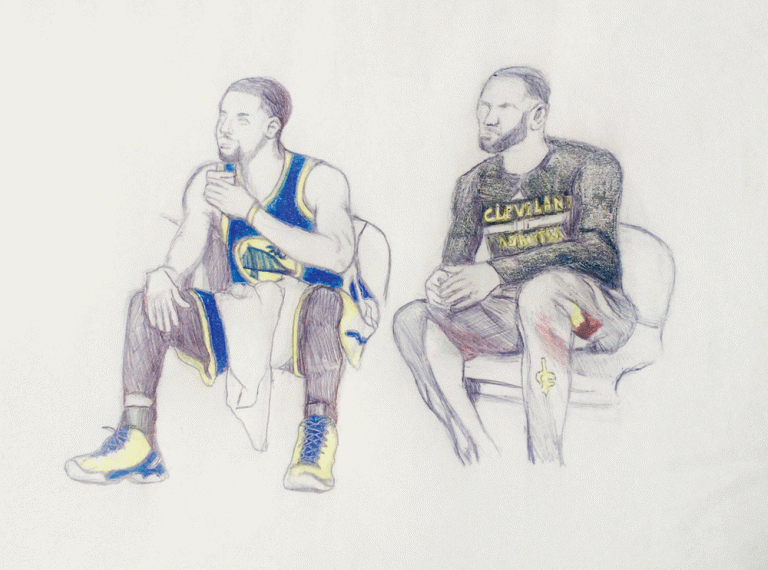
Spencer Wu
Staff Writer
Way back in 2012, San Antonio Spurs coach Gregg Popovich rested four star players in a marquee matchup with then-NBA champion the Miami Heat. In what was primed to be an intense battle and a playoff appetizer with the Big Three, the Spurs were shorthanded as Tim Duncan, Tony Parker, Manu Ginobili and Danny Green were literally no-shows (the four did not even travel with the team). Since they were not on the pregame Injury Report and it appeared as though the Spurs were throwing the seemingly meaningless game in favor of resting its players for the upcoming playoff push, NBA Commissioner David Stern fined the organization $250,000 for the incident.
The Spurs were fined because they “rested players in a manner contrary to the best interests of the NBA,” according to Sports Illustrated. Proponents of resting players will say that the team’s best interests trump that of the league’s and fans’. That means management leaves everything to the hands of the team doctor, physical trainers, and medical staff, not even considering the primetime matchups or fans’ support at away games.
There are obviously reasons why players should rest. First off, the season is 82 games long. Factor in training camp, preseason, practices, the potential of postseason, and the Olympics or FIBA, along with back-to-backs and road trips, and the workload accumulates pretty rapidly. So if management were to take preventive measures and try to bar rising stars and aging players from getting hurt and subsequently prolonging their careers, I have no qualms with that.
However, if players are able to play, they should be on the floor. Think about that one kid in a small town like Memphis or Milwaukee who gets one opportunity a year to see his favorite player come to town. Imagine how his family preordered tickets in advance to see said player in hopes of an awe-inspiring and riveting experience. Now think about the disappointment that the kid feels checking his phone before tipoff only to find out that the player is sidelined with a DNP-CD for rest reasons.
These games are the athlete’s jobs. Workers in office jobs don’t get the leniency to just not show up for a day of work. If they are able to play, they should go out there; basketball players are compensated more than enough, are in a position most only dream of, and have people wanting to see them. In the end, it is just a game.
Houston Rockets guard Patrick Beverley and Washington Wizards guard John Wall summed it up best. Their hot take on the matter encapsulates my outlook on resting players. Beverley was quoted by the Bleacher Report as saying “I think that’s bullshit. I think that’s a disgrace to this league. I think that fans deserve better,” while Wall said that the league has “kind of a gotten a little softer. If nothing is hurt, you can go play.”
Other than the fan perspective, this affects business partners who have worked out TV deals in hopes for high ratings on a Tuesday or Thursday night primetime TNT matchup. Millions of dollars are on the line. If fans do not tune into a marquee matchup because of an unexpected and last minute coaching decision, businesses will be affected negatively.
The NBA’s slogan is “This is Why We Play,” not “This is Why Players Sit Out So Fans End Up Disappointed and Revenue is Lost.” It is important for players who are healthy enough to play—if not for the fans or the lucrative TV deals, they owe it to themselves to show up to work on a daily basis.










